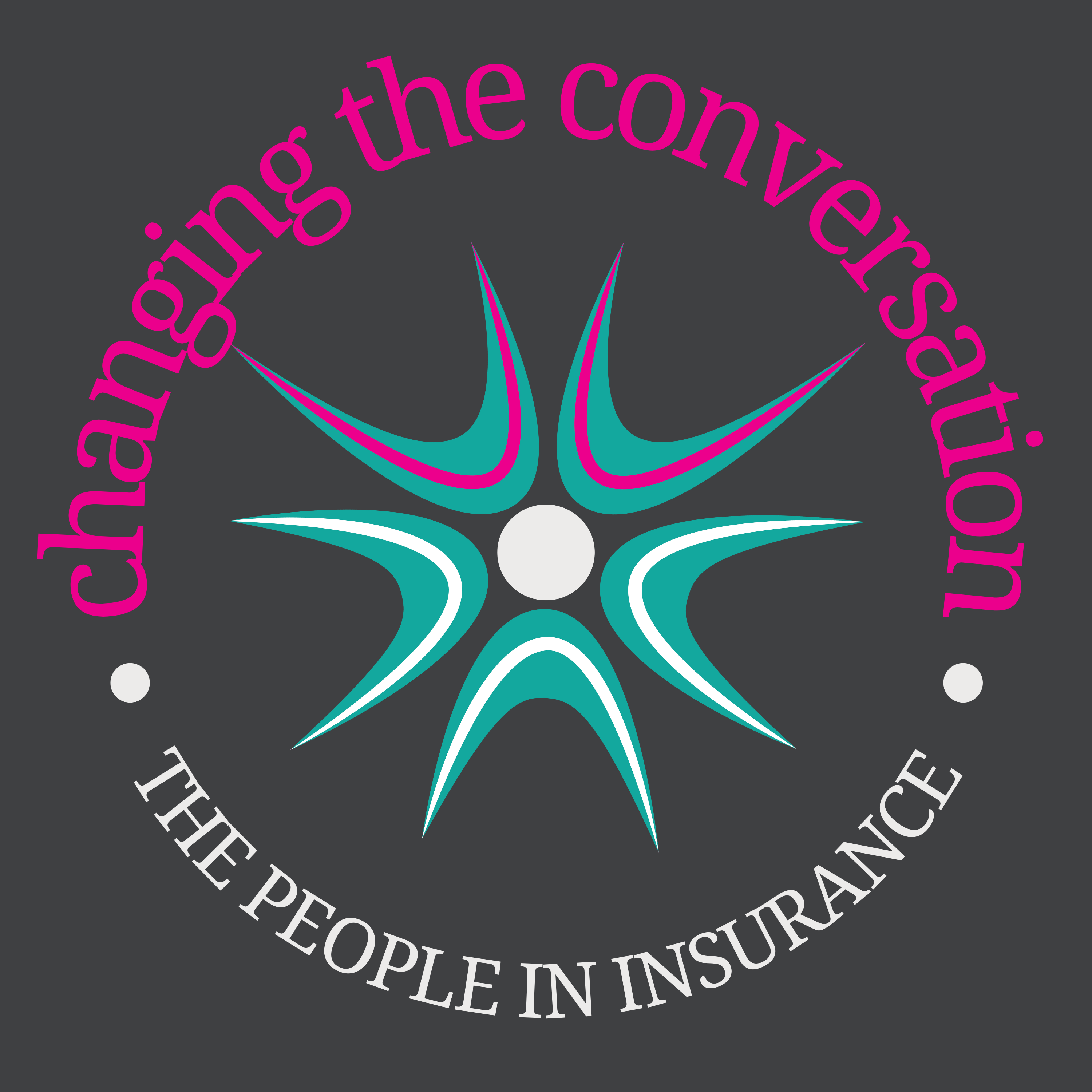073: The significance of accurately presenting risk to insurers with Francis Carroll, Adrian Tate, and Robert Lloyd, Ecclesiastical Regional Directors
Description
Do you ever feel unconfident in your ability to present risks to insurers? Have you made several risk presentations, but not heard back from the insurer? Are you keen to learn how to boost your presentation skills?
In this episode, we’re very excited to have three guests: the Regional Directors of Ecclesiastical Insurance, Francis Carroll, Adrian Tate, and Robert Lloyd. They discuss the profound significance of accurately presenting risks to insurers, both in order to secure the appropriate cover for your clients, and indeed to engage the insurer’s interest in mitigating that risk. In conversation with Boston Tullis’ Sarah Myerscough, they discuss how you can adapt your presentation practices to secure the best cover for your clients.
Quote of the Episode
“The more certain and confident you make an underwriter, the more they're prepared to push that rate, push those covers, and give a little bit [more] breadth of cover, because they're comfortable with the risk.”
Insurance as an industry thrives upon information above all else. If an underwriter lacks sufficient information in order to make a balanced determination about a risk, they will not feel comfortable in offering substantial cover to one of your clients. Thus, prior to presenting a risk to an insurer, ensure that you have a firm grasp not only on a sufficiently detailed amount of information pertaining to the risk at hand, but also that you understand why that detail will be important to the underwriter. As Ade explains, if the underwriter can intimately understand the client’s current business practices, and how they’re mitigating losses, the underwriter will feel more confidence in offering cover that is satisfactory to all parties.
Key Takeaways
Given the current inundation of the market, insurers are swamped with potential risks to consider and review. In order to stand out from the crowd, you should endeavour to create a sense of emotional engagement with the insurer in your presentation, emphasising why yours is a worthwhile risk for them to follow up on. Ade notes that many brokers use software houses which tend to produce uniform presentations, and don’t necessarily provide the level of detail required for underwriting risks. As such, the presentations generated by these digital portals do not always enable underwriters to react and perform efficiently in relation to the risk at hand.
To save both yourself and the insurer time, ensure that they would be appropriate for covering the risk you and your client are dealing with. Many insurers, like Ecclesiastical, have particular specialisms, and simply will not respond to risks which do not adhere to those parameters. If you are unsure about whether your risk aligns with their specialism, Robert emphasises that you can and should directly contact the insurer, who will be more than happy to advise you.
Additionally, give the insurer some time to consider the risk you are presenting. Given the sheer volume of inquiries many insurers are currently receiving, if underwriters are not given an adequate slot of time with which to deal with the risk a broker is presented, it will inevitably be side-lined in favour of another risk that has given a more reasonable leading time. Furthermore, many insurers, including Ecclesiastical, do not merely underwrite risks, and also provide a range of other services. If they haven’t given a chance to ascertain what exactly the client needs, conversion is less likely.
In order to prevent such issues from arising, thereby saving both yourself and the insurer time, create a regular dialogue with your clients. Introduce touchpoints when a broker meets with the client and finds out information that can be communicated to the insurer, so they can determine whether their cover needs to be adjusted or updated prior to the renewal cycle. In doing so, your client will always have the most up-to-date cover, and a stronger relationship between broker
More Episodes
Has the Consumer Duty really changed the insurance landscape to protect customers’ best interests? Are any poor practices still slipping through the cracks? What changes can we implement as an industry to maintain a rich ecosystem of knowledge even as people retire?
In this episode of Changing...
Published 06/11/24
Published 06/11/24
How will Insurtech continue to reshape the industry in the coming years?
What factors, material and psychological, continue to curtail the insurance market from innovating at a steadier pace?
In this episode of Changing the Conversation, we are thrilled to be speaking with Insurtech trailblazer...
Published 06/04/24


